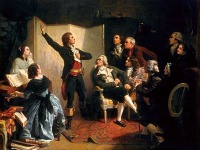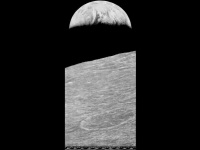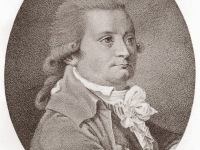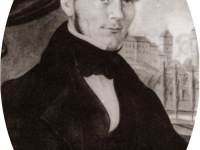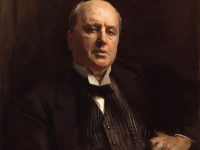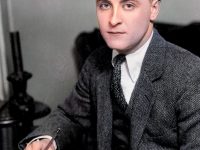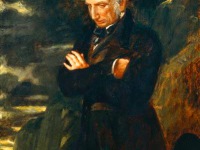Claude Joseph Rouget de Lisle and the Marseillaise
On April 25, 1792, French army officier Claude Joseph Rouget de Lisle during the French Revolution composes the ‘Chant de guerre pour l’armée du Rhin‘ for the declaration of war against Austria. Under the name ‘La Marseillaise‘ his song later becomes the national anthem of France. Everybody knows the French National Anthem I’m pretty sure that almost everybody knows the French national anthem, the so-called Marseillaise, simply because of its numerous references throughout music…
Read more

